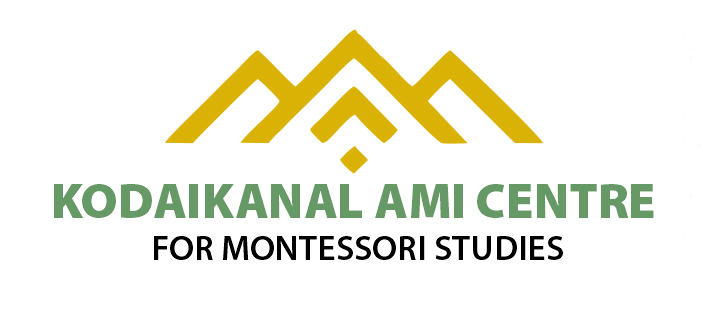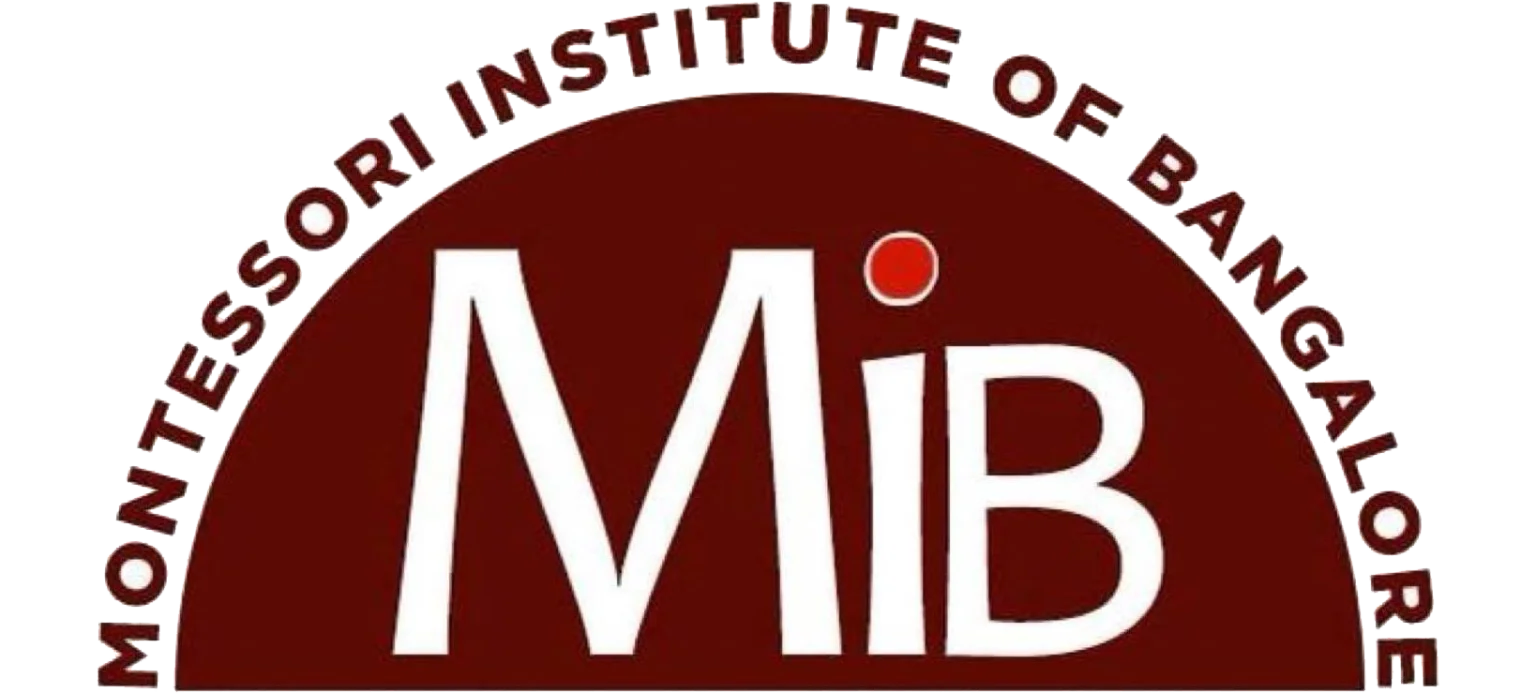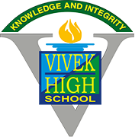AMI training centres in India
Get trained as an AMI-certified Montessori teacher and reach your fullest potential
AMI Affiliated Society
Indian Montessori Foundation
The Indian Montessori Foundation is a pan-Indian organisation founded with the vision of enabling children to reach their full potential through the principles of Montessori education leading towards a more harmonious and peaceful world. Its inception came after India hosted the 26th International Montessori Congress in Chennai, at the Kalakshetra Foundation in January 2009.
- +91 82480-10258
- [email protected]
- https://montessori-india.org/
AMI-recognised training centres

Kodaikanal AMI Centre for Montessori Studies
-
4/230 C, Wilbert Road,
Near Chettiar Park,
Kodaikanal, Tamilnadu - 624101. - +91 93619-19996
- [email protected]
- https://www.kodaikanalamicentre.com/

Montessori Institute of Bangalore
-
#286, 4th Cross, 8th Main Road,
J P Nagar, 4th Phase, Dollars Colony, Near Chinmaya Mission,
Bangalore Karnataka - 560078. - +91 99728-66443 / +91 080-43028414
- [email protected]
- https://montessoribangalore.org/

R.T.I. Montessori Training
-
Sir Ratan Tata Institute
30 N.S. Patkar Marg,
Mumbai, Maharashtra - 400007. - +91 98672-60977
- [email protected]
- https://montessori-mumbai.org/

Supraja Montessori Study Centre
-
321, Nehru Nagar, 3rd Main Road,
Kottivakkam, Chennai - 600096. - +91 73053-01643
- [email protected]
- https://suprajamontessori.org/

The Montessori Training and Research Trust
-
05-424/1, S. R. Naik Nagar,
Jeedimetla, Telangana - 500055. - +91 40-23098058 / +91 82972-63546
- [email protected]
- https://montessorihyderabad.org/

Medha Montessori Training Institute
-
10-3-282/2/A/38,
Venkatadri Nagar, MCH Colony,
Nishat Bagh Colony, Humayun Nagar,
Hyderabad - 500028. - +91 94904-22220 / +91 94402-33288
- [email protected]
- https://www.medhamontessori.com/

Vivek High Montessori Institute
-
Sector 38-B
Chandigarh - 160036. - + 91 76966-68078
- [email protected]
Why AMI?
There are a few organizations in India that offer Montessori training. However, getting trained under the Association Montessori Internationale (AMI) rather than other organizations offers several advantages that can be critical for educators and those seeking to implement Montessori principles. Here’s why AMI training is considered important and beneficial:
1. Authenticity and Legacy
- Founded by Maria Montessori: AMI was established by Maria Montessori herself in 1929. It upholds her original principles and practices, ensuring that the training you receive is authentic and true to the Montessori method as she intended.
- Preservation of Standards: AMI is committed to preserving the integrity of Montessori education by maintaining high standards and consistency across its training programs globally.
2. Comprehensive Training
- In-depth Curriculum: AMI training programs offer a comprehensive curriculum that covers all aspects of Montessori education, including philosophy, child development, and practical application of Montessori materials and methods.
- Hands-on Experience: AMI training emphasizes practical, hands-on experience with Montessori materials in a classroom setting, which is crucial for understanding how to effectively use these tools in real-world situations.
3. Global Recognition
- International Accreditation: AMI credentials are recognized and respected worldwide. This can open doors to employment opportunities in Montessori schools around the globe.
- High Demand for AMI Teachers: Many Montessori schools specifically seek out teachers with AMI certification because of the rigorous training and high standards associated with the organization.
4. Support and Resources
- Extensive Network: AMI provides access to a global network of Montessori educators, resources, and ongoing professional development opportunities. This support is invaluable for educators seeking to continuously improve and stay updated on best practices.
- Continuous Education: AMI offers various workshops, conferences, and additional training modules, allowing educators to expand their knowledge and skills throughout their careers.
5. Commitment to Montessori Principles
- Child-Centered Approach: AMI’s training and educational philosophy emphasize respecting the child’s natural development and fostering independence, concentration, and a love of learning.
- Focus on the Whole Child: AMI training emphasizes the development of the whole child, including their social, emotional, physical, and cognitive growth, aligning with Montessori’s holistic approach to education.
6. Quality Assurance
- Rigorous Training Standards: AMI training centers undergo a strict accreditation process to ensure that they meet the high standards set by the organization. This quality assurance translates to a reliable and consistent training experience for educators.
- Experienced Trainers: AMI trainers are highly qualified and experienced Montessori educators who provide mentorship and guidance throughout the training process.
7. Innovation and Research
- Ongoing Research: AMI is involved in ongoing research and innovation in Montessori education, ensuring that its training programs incorporate the latest findings and best practices in the field.
- Adaptive Curriculum: While staying true to Montessori principles, AMI continuously updates its curriculum to address the evolving needs of children and educators in the 21st century.
8. Community and Collaboration
- Collaborative Environment: AMI fosters a collaborative learning environment among its trainees, encouraging the exchange of ideas, experiences, and insights that enrich the learning experience.
- Supportive Alumni Network: Graduates of AMI training programs become part of a supportive and dynamic alumni network, offering opportunities for collaboration, mentorship, and career advancement.
Overall, training under AMI provides a solid foundation in Montessori education, equipping educators with the skills, knowledge, and credentials to deliver high-quality Montessori education and make a meaningful impact on the lives of children.